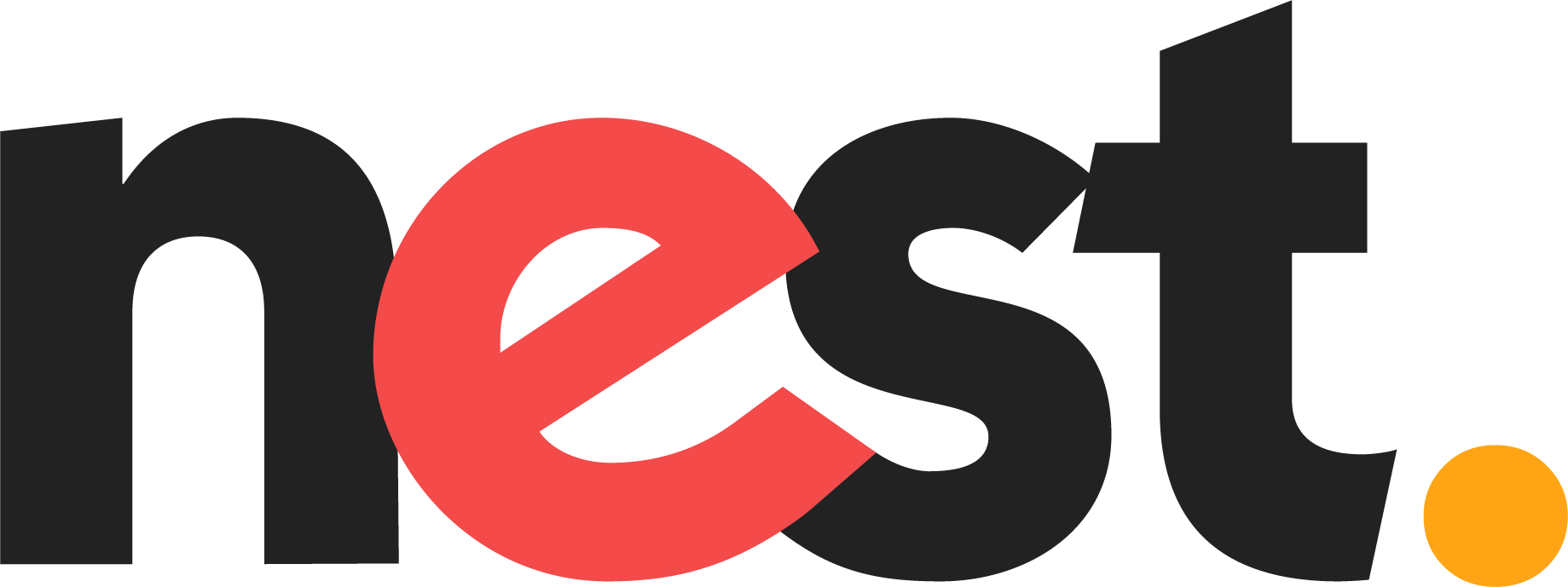For real estate syndicators eyeing the acquisition or refinancing of multifamily properties, a HUD loan emerges as a compelling financing option. Facilitated by the U.S. Department of Housing and Urban Development (HUD), these loans cater to both market-rate and affordable housing initiatives. In this comprehensive overview, we delve into the essence of HUD loans, their operational dynamics, and the pros and cons of leveraging them in multifamily real estate syndications.
Understanding HUD Loans
A HUD loan constitutes a mortgage loan underwritten by the Federal Housing Administration (FHA) and extended by HUD. Crafted to foster the development and preservation of affordable rental housing, HUD loans furnish financing for multifamily properties meeting specific eligibility benchmarks. Typically originating from private lenders like banks or mortgage companies, HUD loans benefit from FHA insurance, safeguarding lenders against borrower defaults.
Tom Burns, a seasoned real estate developer and author, extols the virtues of HUD loans: “These are agency-backed loans, they are very long-term and they are fixed. So on the good side, if you develop a multifamily property and get a HUD loan, it’s 40 years of fixed-rate interest, and 40-year amortization. And, if you go from 20, to 25, to 30, to 40, that type of amortization really increases cash flow.”
Operational Mechanisms of HUD Loans
HUD loans extend financing avenues for both property acquisition and refinancing endeavors within the multifamily domain. To secure a HUD loan, the property must adhere to predefined criteria, including:
- Multifamily configuration with a minimum of five units
- Good physical upkeep and maintenance standards
- Strategic location with robust rental demand
- Compliance with affordability prerequisites for specified HUD loan categories
Post-qualification, syndicators navigate the HUD loan application process through approved lenders, with the latter dictating crucial loan parameters such as interest rates, loan amounts, and repayment terms. Upon approval, FHA steps in to insure the loan, fortifying the lender against default risks.
Pros and Cons of Utilizing HUD Loans in Multifamily Syndications
Benefits:
- Lower interest rates: HUD loans often tout lower interest rates compared to conventional alternatives, bolstering monthly cash flows.
- Extended repayment terms: With tenure stretching up to 35 years, HUD loans offer flexibility and reduced monthly payment obligations.
- Non-recourse financing: Shielded by non-recourse clauses, lenders relinquish recourse to borrowers’ personal assets in case of default.
- Affordability preservation: Certain HUD loan variants, like the Section 221(d)(4) program, champion the preservation and enhancement of affordable housing stock.
Drawbacks:
- Lengthy application process: HUD loans entail protracted processing and closure timelines, potentially stalling property acquisition or refinancing schedules.
- Stringent underwriting criteria: HUD loans mandate compliance with stringent property standards encompassing physical condition, location, and affordability benchmarks.
- Elevated fees and expenses: HUD loans often incur higher upfront expenses, including mortgage insurance premiums and annual charges, detracting from overall return on investment.
Impact on Passive Investors
For passive investors contemplating participation in a real estate syndication integrating HUD loans, several key considerations emerge:
- Positive indicators: HUD loans augur well for syndications by virtue of their lower interest rates, extended repayment terms, and non-recourse financing, translating into enhanced cash flows and heightened investment security.
- Potential delays: The intricate HUD loan application process might precipitate acquisition or refinancing delays, warranting careful assessment of property evaluation and compliance with HUD criteria.
- Fee implications: Passive investors must factor in the higher fees associated with HUD loans, which can impact the syndication’s overall return on investment.
Conclusion
While HUD loans present an enticing financing avenue for multifamily real estate syndications, their utility warrants a comprehensive evaluation of attendant benefits and drawbacks. While lower interest rates, extended repayment tenures, and non-recourse financing underscore their allure, meticulous scrutiny of underwriting criteria and fee implications is indispensable. Ultimately, HUD loans manifest as a potent financial tool for syndicators, provided they navigate the intricate landscape with due diligence and strategic acumen.




